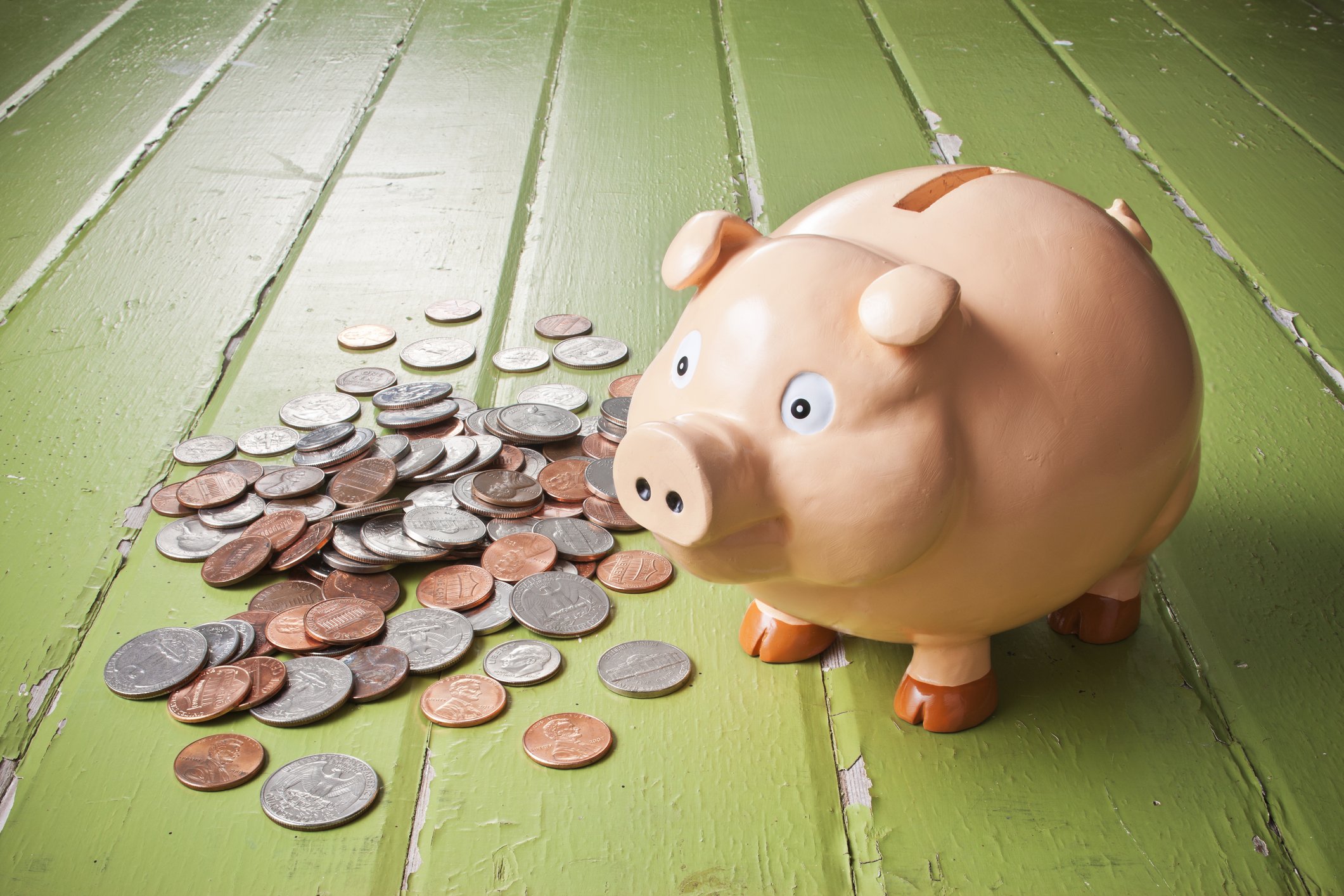Take Control: A Teen’s Guide to Managing Money Like a Pro
Introduction
Ever feel like your money disappears the second you get it? One minute you’ve got a full wallet, and the next… it's gone on snacks, subscriptions, or that random thing you saw online. You’re not alone — managing money is a skill, and like any skill, it takes practice. But here's the good news: the earlier you start learning how to handle your money, the better you'll be at it for life.
This guide is all about helping you take control. No boring lectures, no complicated jargon — just simple, real-world advice that’ll make your money work for you, not the other way around.
Where Your Money Comes From
Let’s start with the basics. Where’s your money actually coming from?
Maybe you get:
A weekly allowance.
Cash gifts on birthdays or holidays.
Pay from a part-time job or weekend gig.
Tips from babysitting, dog walking, tutoring, or selling things online.
Whether it’s a little or a lot, the trick is learning how to manage what you have — not waiting until you’re older or earning more. Even small amounts can go far if you’re smart about them.
Tracking Your Spending: Know Where It Goes
Before you can manage your money, you need to know what you’re doing with it.
Start by tracking your spending. For a few days, write down everything you spend money on. You might be shocked to see how often those £3 energy drinks or £5 delivery fees add up.
You don’t need fancy apps to do this — a note on your phone or a bit of paper works fine. But if you prefer digital tools, free apps like Spendee, Goodbudget, or PocketGuard can help you track where every penny is going.
Build a Simple Teen Budget
Think of a budget as your personal money map. It tells your money where to go, so you’re not left wondering where it went.
A simple budget might split your money into:
Needs: phone top-ups, school lunches, transport.
Wants: clothes, games, fast food, Netflix.
Savings: a future purchase or just building a rainy-day fund.
Start by figuring out how much money you have each week or month. Then set limits for each area — not to restrict you, but to guide you. Want to save for a concert? Put a bit aside each time. Want to stop spending £50 a month on food delivery? Limit yourself and stick to it.
“Financial confidence starts young. When teens learn how to manage their money early, they build habits that set them up for a lifetime of success.”
Save Smart: Short- and Long-Term Goals
Saving doesn’t mean never spending — it means being smart with your spending.
Start with a goal. Maybe it's:
A new phone or console.
Tickets to a festival.
Building savings for college, driving lessons, or your first car.
Whatever it is, break it down into small, weekly savings targets. Seeing your progress grow over time feels amazing and keeps you motivated.
Try the "pay yourself first" rule — as soon as you get money, set some aside for savings before you start spending. That way, you're building good habits that will stick with you for life.
Avoiding Common Teen Money Traps
Even the smartest teens can fall into money traps. Here are a few to watch out for:
Impulse spending: That thing you “had to have” often ends up forgotten in a drawer.
Peer pressure: Just because your friends spend money a certain way doesn’t mean you have to.
In-app purchases and online micro-spending: It’s easy to spend without noticing, especially when your card is saved.
Scams and sketchy offers: If something sounds too good to be true, it probably is. Always double-check before handing over your details or money.
A good rule? Pause before you pay. Ask yourself, "Do I really need this right now? Is there something better I could do with this money?"
Using Tech to Stay on Track
Money and tech go hand in hand — but only if you use it wisely.
Apps like Revolut <18, GoHenry, or Monzo for Teens can give you a virtual debit card and help you track spending in real-time. They often include spending limits, instant notifications, and goal-setting tools.
But remember: apps are tools, not solutions. They help, but you are the one in control.
Money Mindset: Build Habits That Last
The way you think about money matters just as much as how you spend it.
Understand that saving takes time — and that’s okay.
Learn to enjoy the feeling of waiting for something instead of buying it right away.
Don’t beat yourself up over mistakes. Everyone makes them. What matters is learning from them.
You don’t need to be rich to be good with money. You just need to be smart, consistent, and in control.
What You Can Start Doing Today
Here are a few quick wins to help you get started right now:
Challenge yourself to a no-spend weekend.
Set a mini-goal (save £20 over two weeks).
Try only using cash for a week to feel how fast money leaves your hand.
Create a "wish list" instead of buying things on the spot.
Ask your parents or a trusted adult to help you open a savings account or prepaid card.
Final Thought
Managing your money doesn’t mean giving up fun — it means giving yourself more control, freedom, and power over your choices. The sooner you learn how to handle money like a pro, the sooner you’ll start winning with it.
So take control now — your future self will thank you.
FAQ’s
-
Start small and be consistent. Set a savings goal, like £5 or £10 a week, and treat it like a regular expense. Use jars, envelopes, or a savings account to keep it separate from your spending money.
-
Track your spending for a week. Once you know where your money goes, you can spot where to cut back. Create a budget, limit impulse buys, and stick to your spending categories.
-
Most major budgeting apps are safe to use, especially if they’re designed for teens. Always use apps with strong privacy policies and avoid linking your main bank account unless your parents are involved.
-
Pick something exciting but achievable — like saving £50 for a game or £100 for a concert. Once you hit it, set a bigger goal. These small wins build confidence.
-
Both have benefits. A teen bank account helps you build digital money habits and track your spending easily. Cash can be great for building discipline and learning to physically see your money disappear. Try both and see what works best for you.









